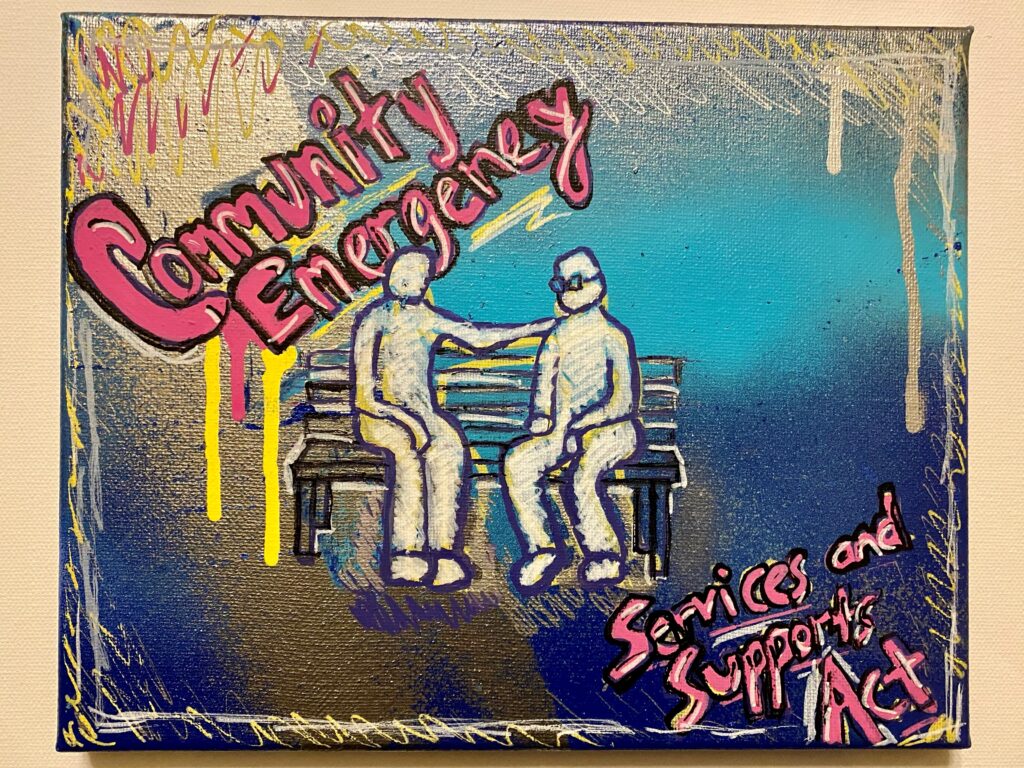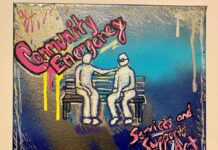Disability activists are unhappy with State-Rep Jehan Gordon-Booth’s new co-responder program for Peoria Police Department.
Last year, the Community Emergency Services & Support Act (CESSA) was passed unanimously by the Illinois Legislature and signed by Governor J.B. Pritzker. CESSA prohibits police from responding to emergency calls for service that involve nonviolent/noncriminal mental & behavioral crisis. Instead, CESSA creates teams of alternative responders made up of trained crisis workers provide health care services and transportation to resolve the individual’s crisis. CESSA recognizes that just because someone is having a crisis, does not mean they are a threat to public safety.

Importantly, CESSA preempts Home Rule municipalities. This means cities like Peoria which have Home Rule cannot opt out of CESSA’s prohibition on police involvement in these calls for service. Gordon-Booth’s bill would undermine that provision in CESSA and allow the Peoria Police Department to implement a co-responder model where police officers accompany crisis workers mental health calls.
CESSA was created and passed by disabled people for disabled people. They knew that more often than not, the police (regardless of how nice you dress them up) cause far more harm than good in these situations. Nonviolent/noncriminal mental & behavioral crisis should be resolved using the health care apparatus, not the criminal justice apparatus. The main function of police is to use violence to uphold the sovereignty of the state, its laws, maintain public order, and address public safety threats.
Co-responders puts the authority of each response to a call for service ultimately in the hands of police officers not mental health professionals. In such situations, police would make the final decision regardless of whether that decision is in the best interest of the individual experiencing a crisis and/or public safety. Furthermore, it continues to divert resources towards the police and away from other options to resolve social instability.
HB 5319 has yet to make it out of committee in the General Assembly.
This article was originally published on Strangecornersofthought.com.





























